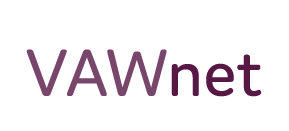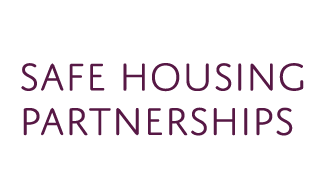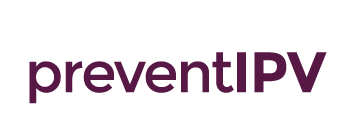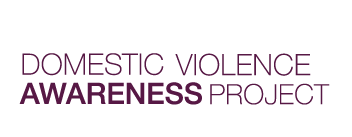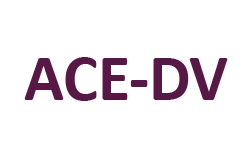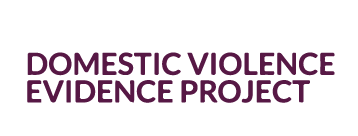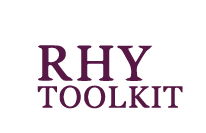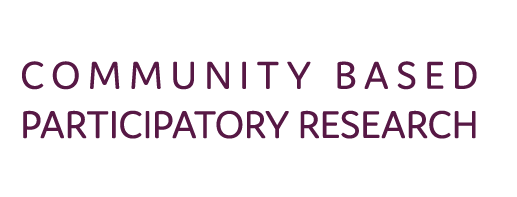



The NRCDV Training Institute ensures that all training efforts and educational resources are relevant, forward thinking and innovative, and center the voices and lived experiences of survivors in our work.
We accomplish this by providing high-quality and accessible training opportunities designed to increase individual and organizational capacity of our constituents as well as our own organization’s capacity.
NRCDV’s Training Institute provides development opportunities that enhance knowledge, develop skills and enrich participants. We model, promote and foster an organizational culture that values development and growth opportunities for all.
#TriumphOverTrauma Launch Party
May 1, 2025 | 2:00pm EST | REGISTER HERE
NRCDV’s Youth Advisory Board is excited to introduce the Triumph Over Trauma Campaign in observance of Mental Health Awareness Month 2025. This youth-led campaign invites us to normalize and destigmatize experiences of trauma and adversity, and explore the ways we grow from these experiences towards resilience and healing. The launch party will center the voices of youth leaders who will share their experiences and reflections in celebration of survivorship. Join us to learn more about the #TriumphOverTrauma campaign and how you and your community can be part of it!
Office Hours: Using ARP Funds to Meet Survivors’ Safe Housing Needs
May 8, 2025 | 2:00pm EST | REGISTER HERE
Safe and stable housing is a critical need for survivors of domestic violence (DV), yet many face significant barriers in securing and maintaining it. Emerging evidence suggests a relationship between experiencing DV, public health emergencies (PHEs) and disasters – as such, ensuring access to housing and support services for DV becomes even more critical during times of collective crisis. The American Rescue Plan (ARP) funds provide a unique opportunity to address these challenges by offering financial support for essential housing-related services and resources. From rental assistance to hygiene products, mobile advocacy, and shelter improvements, these funds can be strategically used to create safer, healthier, and more accessible housing solutions for survivors.
FVPSA grantees are invited to join NRCDV’s National Capacity Building Center on Safe and Supportive Housing for DV Survivors and STTARS, NIWRC’s Tribal Safe Housing Center for Office Hours to discuss creative ways ARP funds can be used to meet survivors’ safe housing needs. We’ll highlight NRCDV’s newly released publication and share resources developed by STTARS and the National Workgroup on Safe Housing for American Indian and Alaska Native Survivors of Gender-Based Violence.
Navigating the Media Spotlight, presented by the National Center for Victims of Crime and the National Resource Center on Domestic Violence
May 15, 2025 | 2:00pm EST | REGISTER HERE
For better or worse, media coverage of crime is here to stay. Crime survivors and victim advocates know the media glare can be unwelcome and intrusive. There are also times it can be useful, such as renewing investigators’ attention on unsolved crimes or raising awareness of victims’ issues and resources for survivors. The National Center for Victims of Crime has published a guide to help victims and advocates navigate media coverage. Learn how to use this guide and get tips about how to protect survivors, including those of domestic violence, from unwanted attention, how to leverage coverage for positive results, and more. Join this panel of advocates who helped create the guide for an informative discussion.
SAVE THE DATE: 2025 NRCDV's FREE Storytelling Institute
August 13-14, 2025 | 12:00pm EST | REGISTRATION COMING SOON
Can you remember a time when you were impacted by the power of a captivating story? Facts and numbers are easily dismissible and often disregarded, but compelling stories evoke emotions and propel listeners or readers to act! Stories honor diverse cultures, identities and lived experiences. They bring us back to the foundation of the domestic violence movement. The roots. The voices of survivors.
The National Resource Center on Domestic Violence's Storytelling Institute is a free live two-day, virtual training set to take place on August 13 and August 14, 12:00pm – 4:00pm (ET). This will be an amazing opportunity for individuals who seek to move their target audiences from facts and numbers to taking action, utilizing storytelling as a tool for social transformation. This interactive training will provide participants with a digital companion guide, along with strategies and frameworks to identify storytelling goals, build a story bank, develop storytellers within your organization and nurture a sustainable culture of powerful storytelling.
The Institute will be led by Mothyna James-Brightful. Affectionately known as Sister Mothyna, during her 16-year professional speaking career she has logged over 40,000 hours on stage. She has been described as “energetic, passionate and inspirational” by audiences. With four publications under her belt, she is the author of the Amazon Bestseller Engage Inspire Prevent: Strategies for Educating Teens on Sexual Violence.
By the end of this training, you will learn how to:
- Identify how to find stories to tell and build a story bank
- Build rapport and make emotional connections through effective storytelling
- Identify and develop internal storytellers in your organization to maximize their role as change agents
- Apply industry best practices and vetted frameworks to craft compelling stories
- Nurture a sustainable culture of powerful storytelling in your organization
Past webinar recordings and podcasts are available on our YouTube page.
And be sure to check out the VAWnet Event Calendar for more training opportunities from organizations across the domestic violence field!
